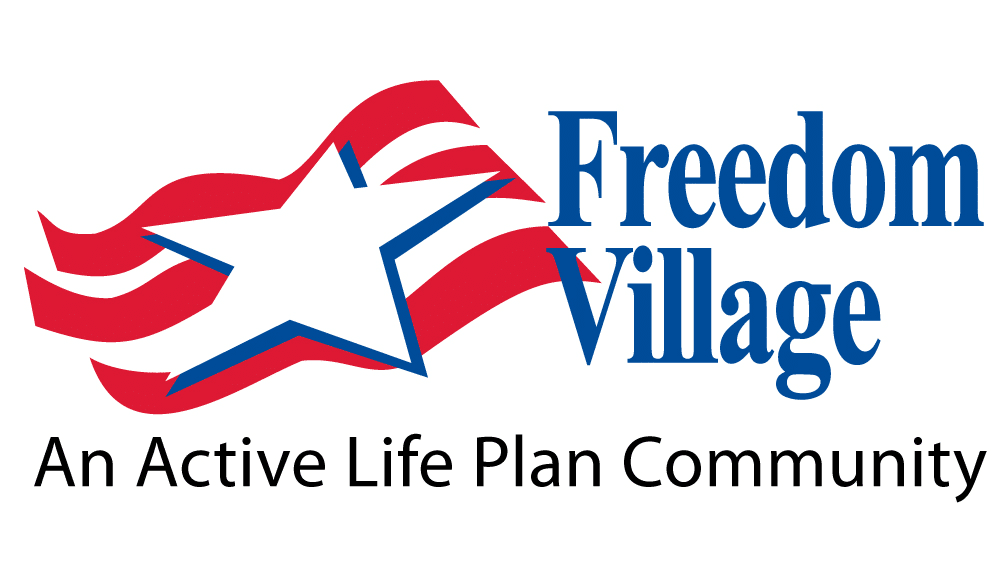These 5 Foods Could Cause Brain Decline – What You Need To Know
As we age, protecting brain health becomes increasingly important. While genetics and lifestyle factors play a role, one powerful and often overlooked influence is diet. The foods we eat can either support cognitive function or increase the risk of memory loss and brain decline.
In fact, these five foods could cause brain decline – affecting everything from memory and focus to overall brain structure. Fortunately, the right dietary choices can help protect your brain and even reduce the risk of dementia. That’s why, at Freedom Village, we emphasize brain-healthy meals filled with flavor, nutrition, and purpose.
These 5 Foods Could Cause Brain Decline
What we eat doesn’t just affect our waistlines – it influences everything from energy levels to how clearly we think and feel each day. Some foods, especially when eaten often, can negatively impact overall wellness and may play a role in long-term cognitive changes.
Here are five common foods to watch out for that could contribute to brain decline:
1. Trans Fats
Artificial trans fats are found in partially hydrogenated oils that are commonly used in processed snacks, baked goods, and fast food.
Trans fats can damage brain structure and increase inflammation, contributing to memory loss and reduced cognitive performance. One study even found a strong link between trans fat consumption and a higher risk of Alzheimer’s disease.
Avoid or limit: Packaged cookies, margarine, frozen pizza, and non-dairy creamers. Look for “partially hydrogenated oils” on labels.
2. Excessive Added Sugars
Added sugars appear in sodas, desserts, sauces, and even “healthy” snacks like granola bars.
A diet high in added sugar may lead to brain inflammation, insulin resistance, and impaired memory. Over time, high sugar intake can reduce brain volume in areas essential for learning and memory.
Avoid or limit: Sweetened beverages, candies, flavored yogurts, and sauces with hidden sugars
3. Highly Processed Foods
These include foods high in preservatives, sodium, and additives – like chips, frozen meals, deli meats, and boxed snacks.
Processed foods can impair learning and memory, accelerate brain aging, and contribute to poor mental health. They lack the nutrients needed for optimal brain function and often contain unhealthy fats and sugars.
Choose instead: Whole, minimally processed foods that are rich in vitamins and antioxidants
4. Refined Carbohydrates
White bread, white rice, pastries, and sugary cereals are examples of refined carbs stripped of fiber and nutrients.
These foods cause blood sugar spikes followed by crashes, which may lead to brain fog, fatigue, and long-term cognitive decline. Unlike complex carbohydrates, refined carbs offer little nutritional value.
Swap for: Whole grains, oats, brown rice, and legumes that fuel your brain with steady energy
5. Excessive Alcohol
While moderate drinking may have neutral or even mild protective effects, excessive alcohol consumption can damage brain cells, shrink brain volume, and interfere with neurotransmitter function.
For older adults, no more than one drink per day is typically recommended – though even less may be better for long-term brain health.
Foods That Support Brain Health
Choosing brain-supportive foods can help protect cognitive function and reduce dementia risk. Here’s how:
Healthy Fats
Healthy fats – especially omega-3 fatty acids – play a vital role in memory, mood, and brain structure. They help reduce inflammation and support neuron function.
Good sources:
- Fatty fish, like salmon and sardines
- Walnuts and flaxseeds
- Olive oil and avocados
Complex Carbohydrates
Unlike refined carbs, complex carbs provide a steady supply of glucose, the brain’s main energy source.
Choose:
- Whole grains (quinoa, brown rice, oats)
- Legumes (lentils, chickpeas)
- Vegetables (especially leafy greens and cruciferous varieties)
Mediterranean Diet
One of the most researched dementia prevention diets, the Mediterranean diet emphasizes fresh produce, healthy fats, lean protein, and complex carbohydrates. It’s been shown to support learning, memory, and overall brain health.
Core components:
- Fish and seafood
- Vegetables and fruits
- Olive oil, nuts, and seeds
- Whole grains and legumes
- Limited red meat and processed foods
How Freedom Village Supports Brain Health Through Dining
At Freedom Village, we believe every meal is an opportunity to support better health – especially brain health. Our dining program is built around the principles of the Mediterranean diet and the latest research on cognitive wellness.
Residents enjoy:
- Fresh, flavorful meals made with whole, nutrient-rich ingredients
- A variety of options featuring healthy fats, lean proteins, and complex carbohydrates
- Thoughtfully crafted menus that accommodate individual tastes and dietary needs
Sample menu items include:
- Grilled salmon with quinoa and roasted vegetables
- Spinach and walnut salad with olive oil vinaigrette
- Lentil soup with whole-grain bread
These meals don’t just nourish the body – they also support memory, vitality, and overall well-being for older adults in our vibrant community.
Eating Right for Brain Health at Freedom Village
Our dining program reflects the latest research in nutrition and cognitive wellness, helping residents eat well and feel their best every day. Every meal is thoughtfullyoil prepared with fresh, nutrient-rich ingredients that support memory, focus, and overall brain health.
We believe every plate is an opportunity to promote better aging – especially brain health – through balanced, flavorful choices inspired by the principles of the Mediterranean diet and dementia prevention.
Ready to experience delicious dining that supports your lifestyle? Contact us today to schedule a tour and enjoy a taste of what life at Freedom Village has to offer.




























